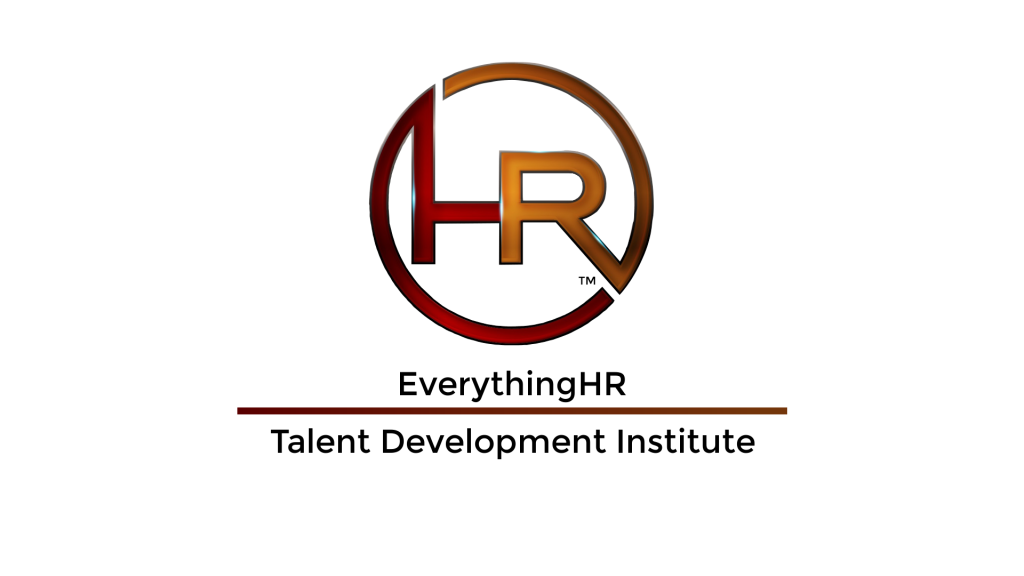Purchasing and procurement functions are about much more than bringing goods and services into an organization. They are the foundation of strong, collaborative relationships with suppliers. Since many companies’ source products from around the globe more frequently than ever, a procurement manager needs strong capabilities. These skills cannot just be learned on the job: they need to be taught. Also, the value of procurement is now recognized as an integral part of cost control within the organization.
In this two-day course, students will learn the basics of procurement, including what a supply chain looks like, the purchasing cycle, essential tools, and strategies for making the best purchasing relationships work, managing bids, and more.
Learning Objectives:
- Describe what a supply chain is.
- Describe the procurement department’s role within the organization.
- Understand the principles of the purchasing cycle.
- Apply the steps needed for managing a competitive bid process, from the request for proposals or qualifications through to negotiating the contract.
- Know what it takes to set up a competitive bid for a contract.
- Defend their position on why a particular supplier should be selected based on an evaluation strategy.
- Be responsible for managing supplier performance, including controlling quality and setting and monitoring standards.
- Apply the tools of the procurement trade, from PC-based applications to cloud-based solutions.
How Will You Benefit:
- Identify the components of a supply chain and understand the structure of the procurement department within an organization.
- Describe the roles and responsibilities of the procurement department and explain the principles of the purchasing cycle.
- Implement the steps involved in managing a competitive bid process, including preparing requests for proposals, evaluating bids, and negotiating contracts.
- Utilize various procurement tools, from traditional PC-based applications to modern cloud-based solutions, to enhance purchasing efficiency.
- Analyze supplier proposals to determine the best options based on established evaluation strategies.
- Assess the effectiveness of different procurement tools and strategies in achieving organizational objectives.
- Develop strategies for managing supplier performance, including quality control and monitoring standards.
- Create competitive bidding processes that align with organizational goals and compliance requirements.
- Evaluate the outcomes of procurement activities to ensure they meet the set criteria and contribute to cost control within the organization.
- Critique and refine procurement strategies based on performance data and feedback to continuously improve procurement processes.
Who Should Attend:
Human Resources Professionals, Small business owners, Supervisors and Managers
Course Format: Live Instructor Led (synchronous)
Course Duration: 16 hours
This course does not have any sections.
